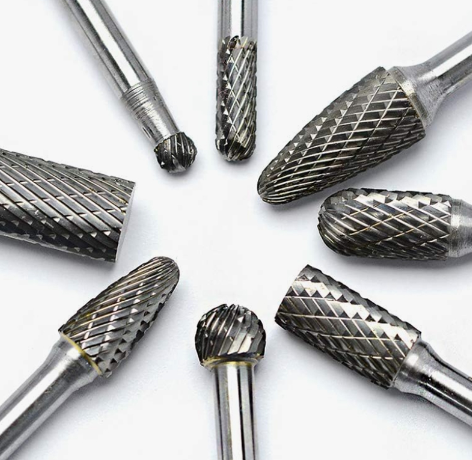Carbide flats are versatile components found in a broad range of industrial applications, from die manufacturing to specialized cutting tools. These materials, formed through a powder metallurgy process, combine fine carbide particles with a binding agent, resulting in a product that offers solid mechanical performance in environments where tool longevity is valued.
One of the major appeals of carbide flats is their resistance to abrasive wear. In operations involving hard surfaces or continuous motion, materials that break down quickly can lead to inconsistent product quality and unexpected delays. Carbide’s durability allows for more controlled processing over time, even in rough working conditions.
Carbide flats can be surface ground to tight tolerances, making them suitable for custom components in both large-scale and boutique manufacturing setups. Toolmakers often start with standardized flats and adapt them to fit specific machine setups or dies. Because of the material’s structural integrity, the result is a component that withstands repeated use while maintaining accuracy.
This consistency is particularly valued in industries where components are expected to perform uniformly. From saw blade bases to mold components and router tooling, the structural predictability of carbide supports reduced error margins in production.
While harder to machine than some metals, carbide’s wear resistance justifies the extra processing time. In the long run, parts made from carbide flats require fewer adjustments and provide dependable output. This makes them useful in both semi-automated and manual settings, supporting a variety of production styles.
In some settings, carbide flats are also used to reinforce steel tools or create composite structures that benefit from the strengths of both materials. These hybrid uses extend the applications of carbide and demonstrate its adaptability across equipment types.
With more focus being placed on consistent throughput and minimizing material waste, carbide flats stand out as a smart investment. Their contribution to maintaining quality across cycles and reducing intervention supports efficient manufacturing.
Whether part of a custom tool or integrated into a broader system, carbide flats provide the kind of performance that many operations seek when reliability matters.
